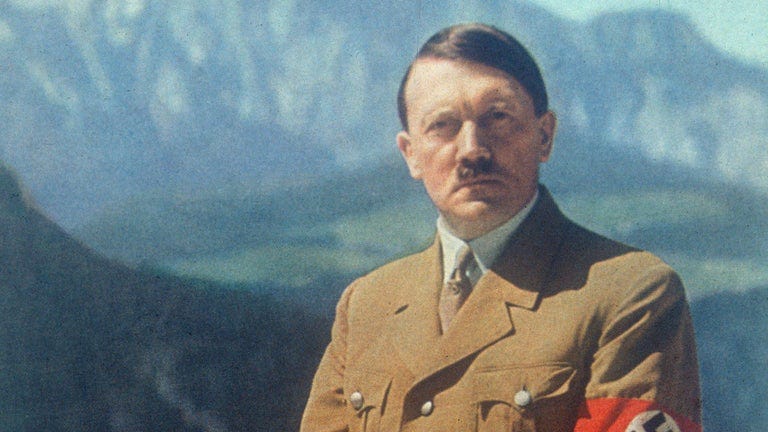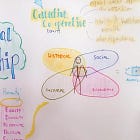I didn’t personally learn about this in school. And I find that suspicious because contemporary historical parallels are… substantial, and this knowledge could help deter the formation of those systems which commonly lead to large-scale atrocity and incalculable hardship. And it can actually be summarised in brief.
‘The total state must not know any difference between law and ethics’ —Adolf Hitler.
Nazism
The quote above comes courtesy of Hannah Arendt’s 1950 book, ‘The Origins of Totalitarianism’1. To include a few more phrases from the same page -
‘In practice, this permanent state of lawlessness found expression in the fact that "a number of valid regulations [were] no longer made public." Theoretically, it corresponded to Hitler's dictum that "the total state must not know any difference between law and ethics"; because if it assumed that the valid law is identical with the ethics common to all and springing from their consciences, then there is indeed no further necessity for public decrees‘
And that’s essentially it. If law and ethics are in sync, then there’s no need for a legal framework, and thus, arbitrary rule becomes possible. But, wait, there’s more -
‘The Soviet Union, … even went to the trouble of issuing an entirely new and very elaborate constitution in 1936, an event which was hailed in Russia and abroad as the conclusion of the revolutionary period. Yet the publication of the constitution turned out to be the beginning of the gigantic superpurge which in nearly two years liquidated the existing administration and erased all traces of normal life and economic recovery…‘
… and as soon as the Soviet Union enacted its 1936 Constitution, the purge began. Let’s deal with those two in succession, but also consider fascim and its ancestor, futurism. Because there’s a pattern here, and it’s one with a very strong.contemporary parallel; one which quite simply must be stopped - or the future looks truly dark for humanity. And yes - this is all about ethics.
Keep reading with a 7-day free trial
Subscribe to The price of freedom is eternal vigilance. to keep reading this post and get 7 days of free access to the full post archives.






